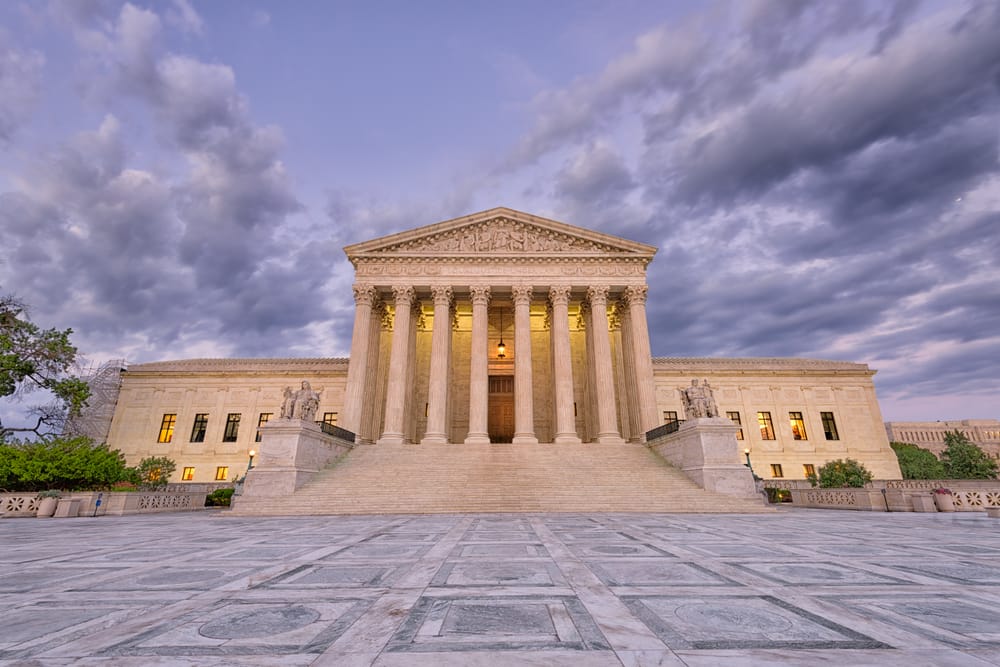In the annals of American legal history, the year 1792 stands as a precursor to a long-standing tradition of constitutional adjudication, marked by the very first U.S. Supreme Court case, West v. Barnes (1791). This landmark case, though not as oft-cited as the subsequent ones like Marbury v. Madison, remains indelible in the minds of legal scholars and history enthusiasts for its contribution to the early formation of American jurisprudence.
"The judiciary, from the nature of its functions, will always be the least dangerous to the political rights of the Constitution; because it will be least in a capacity to annoy or injure them." - Alexander Hamilton
The story unfolds in Providence, Rhode Island, where William West brought a lawsuit against John Barnes concerning a financial dispute. West lost the case in the state court and decided to appeal to the United States Supreme Court. His counsel, however, made an error while filing the writ of error—a procedural document necessary for the appeal. Instead of following the federal law, which required writs to be issued on the same day as the judgement, West's counsel followed the state law, issuing the writ the following term. This discrepancy led to the case being a noteworthy subject of adjudication by the Supreme Court.
The principal actors in this legal drama were William West, the appellant, and John Barnes, the appellee, with their respective legal counsel. On the bench, the notable figures included Chief Justice John Jay and Associate Justices John Rutledge, William Cushing, James Wilson, John Blair, and James Iredell, who were among the first to serve on the country’s highest court.
The positioning of the court was a crucial aspect of the case. It underscored the federal mandate on how procedures should be followed, irrespective of state laws, setting a significant precedent for federalism. The Justices unanimously decided in favor of Barnes, emphasizing that federal laws regarding appeals to the Supreme Court ought to be followed to the letter.
The impact of West v. Barnes went beyond the immediate parties involved. This case set the stage for the Supreme Court to establish its role as a federal institution with procedural standards distinct from those of state courts. Moreover, it hinted at the necessity for a systematic appellate process, reinforcing the federal judiciary's authority over state courts in matters of appellate jurisdiction.
One of the intriguing aspects of this case was its timing, as it came at a nascent stage of the federal judiciary. The actors were not only participants in a legal dispute but also pioneers in a larger narrative of American judicial history. Their actions and the subsequent judgment laid down a foundational precedent for the myriad cases that would follow, each adding a verse to the ballad of American jurisprudence.
Moreover, the simplicity of the procedural issue at hand in West v. Barnes starkly contrasts with the complex constitutional matters that would soon come to define the Court's legacy. This initial case served as a humble beginning, from which the Supreme Court embarked on its journey towards becoming the hallmark of American constitutionalism.
In retrospect, West v. Barnes may seem a mere procedural hiccup, but its significance is profound. It highlighted the embryonic relationship between state and federal courts, hinting at the taut thread of federalism that would become a recurring theme in the Supreme Court’s illustrious history. Through the lens of this case, we catch a glimpse of the humble beginnings from which monumental legal traditions emerged, shaping the American legal landscape for centuries to come.
For related cases or if you have a question for Ask Etalia.ai, visit West v. Barnes on Etalia.ai.








